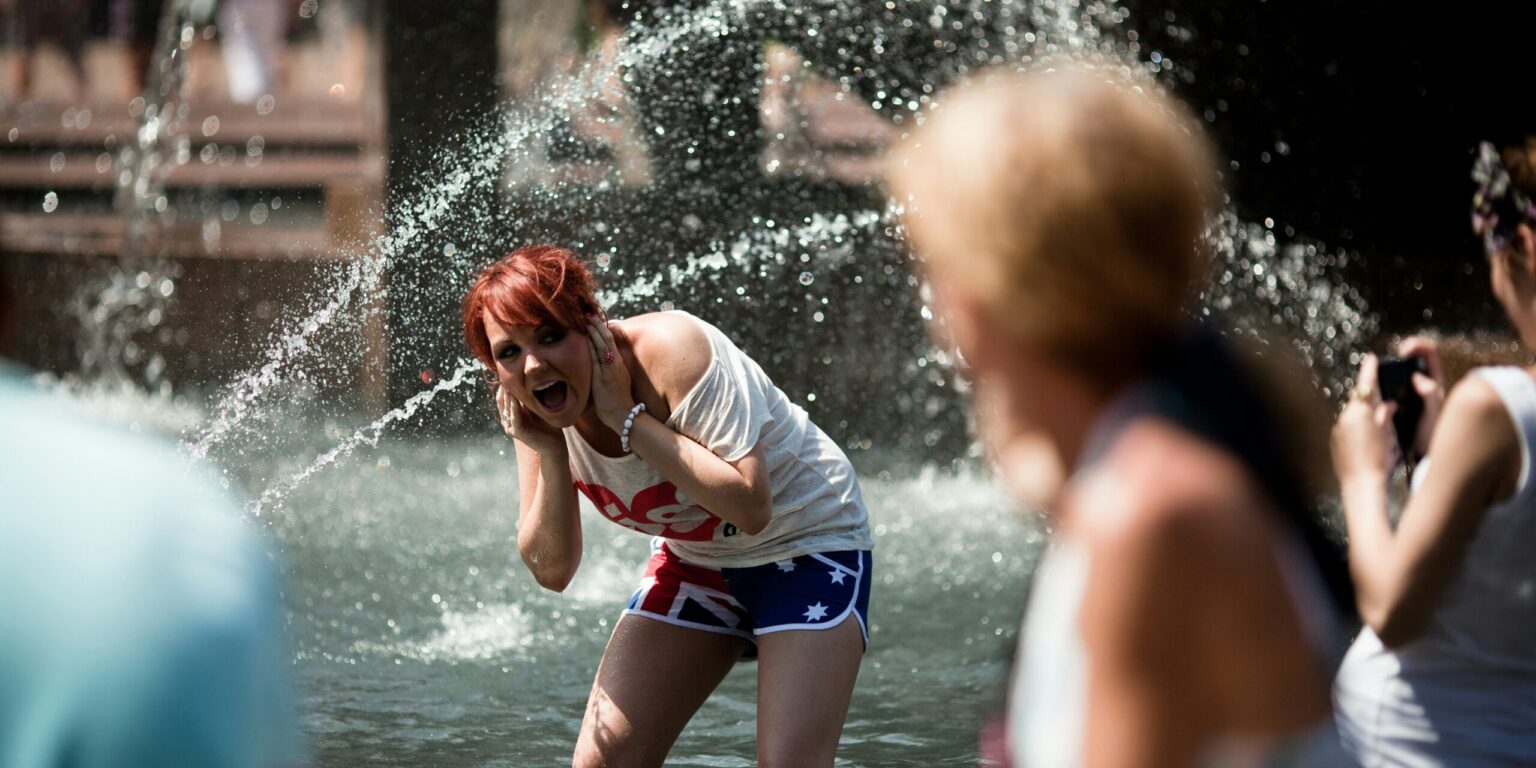As summer brings a flurry of outdoor events—music festivals, fireworks displays, parades, and sporting games—health experts are sounding the alarm on a less visible but increasingly common issue: noise-induced hearing loss (NIHL). Though often overlooked, prolonged or sudden exposure to high-decibel sounds can cause permanent hearing damage, making awareness and preventative care essential.
According to the Centers for Disease Control and Prevention (CDC), approximately 40 million American adults may experience hearing loss due to noise exposure. Summer activities often exceed the safe sound threshold of 85 decibels, the level at which prolonged exposure begins to damage the sensitive structures in the inner ear. For comparison, typical conversations hover around 60 decibels, while fireworks and concert speakers can blast sounds upwards of 150 decibels.
Audiologists and hearing health organizations emphasize that these events can be particularly harmful when people are unaware of the risks or do not take protective measures. Dr. Catherine Palmer, president of the American Academy of Audiology, explained, “Noise exposure doesn’t have to be painful to cause damage. Once those inner ear hair cells are destroyed, they don’t regenerate. Hearing loss is permanent.”
The most notorious summer culprits are fireworks and live concerts. Fireworks, especially those viewed up close, can cause immediate hearing damage due to their explosive peaks. Many major U.S. cities host Fourth of July or other summer displays that emit sounds exceeding 150 decibels. Without earplugs or sufficient distance, spectators risk both temporary and permanent hearing loss.
Similarly, outdoor music festivals and stadium concerts often feature sustained sound levels between 95 and 110 decibels. Even brief exposure to these volumes can result in tinnitus—a ringing or buzzing sensation in the ears—or a noticeable decrease in hearing clarity.
Recreational motor activities, such as speedboating, motorcycling, and even lawn mowing, can also reach unsafe decibel levels. Prolonged exposure without hearing protection during these activities increases the risk of cumulative hearing damage over time.
Experts recommend several simple yet effective strategies to protect hearing while still enjoying summer events:
- Wear Ear Protection: Foam earplugs, custom-fitted musician plugs, or noise-canceling earmuffs can reduce harmful noise exposure by 15–30 decibels. These are especially important at concerts, airshows, or firework events.
- Maintain Distance: For fireworks, a minimum distance of 500 feet from the launch point is advised. At concerts, standing away from loudspeakers significantly reduces sound intensity.
- Take Quiet Breaks: Stepping away from noisy environments for even a few minutes can give your ears a rest and reduce overall exposure.
- Use Decibel-Tracking Apps: Mobile apps like SoundPrint or Decibel X allow users to monitor their environment’s sound levels and decide when to use protection or leave the area.
- Protect Children’s Hearing: Children are especially vulnerable due to their narrower ear canals and developing auditory systems. Pediatric ear protection is readily available and should be used during any high-noise event.
As awareness grows around the dangers of NIHL, public health campaigns are increasingly promoting hearing conservation. The Hearing Health Foundation and other advocacy groups are working to include hearing protection in broader conversations about personal health—alongside sunscreen and hydration—during summer activities.
In 2024, a study published in Science News reported a significant uptick in young adults showing early signs of hearing loss, often traced back to recreational noise exposure. This finding has led audiologists to call for more proactive education in schools and public forums.
Moreover, the World Health Organization has designated NIHL as one of the most preventable forms of hearing damage. Yet, it remains under-addressed in mainstream health guidance. “People associate hearing loss with aging, but we’re seeing preventable hearing damage in younger and younger patients,” noted Dr. Palmer. “If you’re going to be in a loud place, protect your ears. It’s that simple.”
With the summer season in full swing, individuals are encouraged to balance enjoyment with health consciousness. Noise-induced hearing loss may not be immediately noticeable, but its long-term effects are irreversible. By taking small, preventative steps—like using earplugs or monitoring noise exposure—Americans can protect their hearing and continue to enjoy summer festivities safely.
